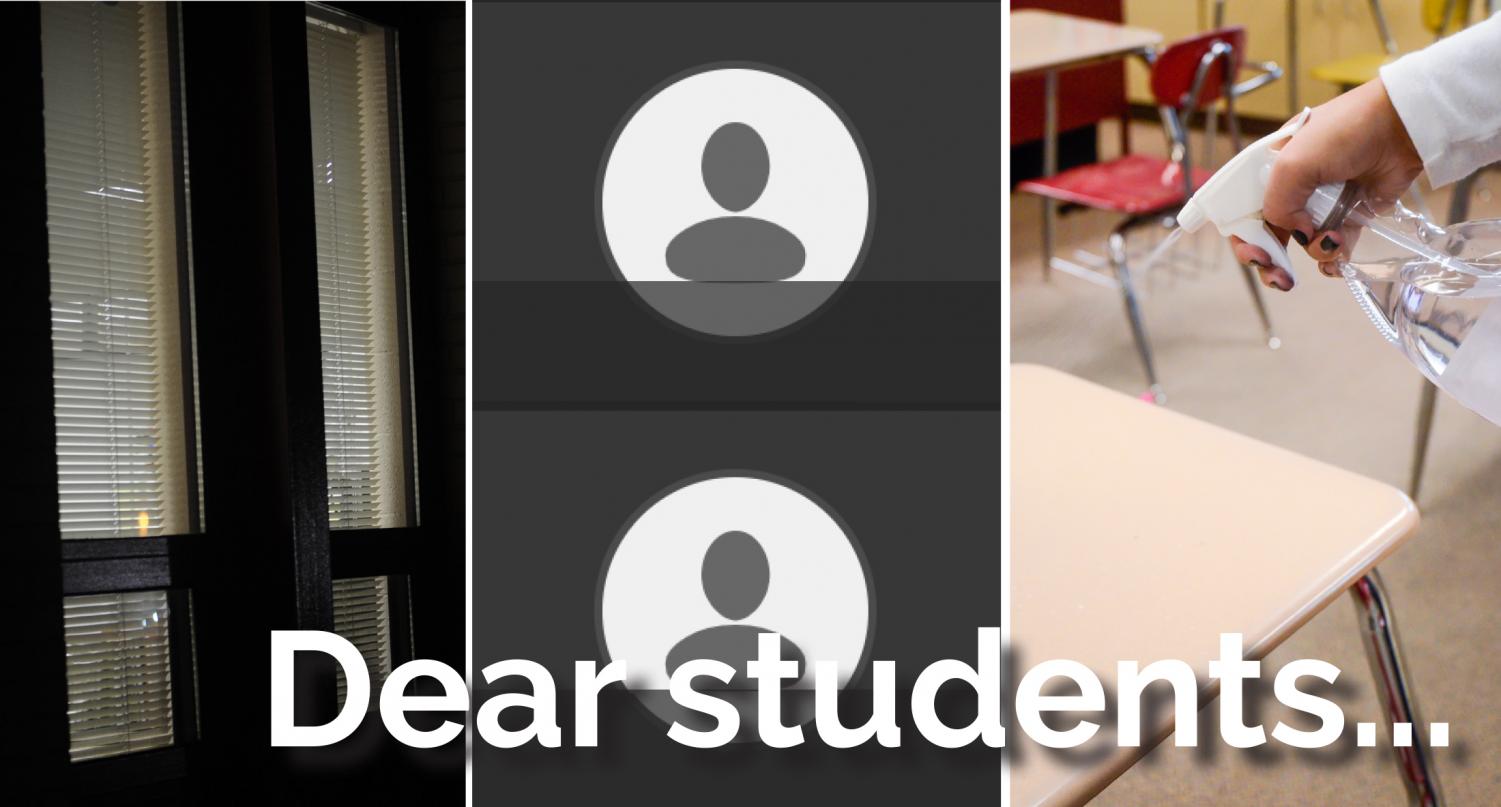Teachers discuss challenges
Teachers reveal what they’ve always wanted to tell students
November 12, 2020
Adapting to a new way of living and learning is nothing new to anyone in 2020. What about those we neglect to consider in our day-to-day? What about those who dedicate hours of their time rewriting their entire curriculum just so that any student can hope to absorb any amount of information? What about our teachers?
Crier is not identifying teachers who went on record in this story to get their full, honest opinion.
“This has been, without doubt, the most stressful, most challenging, and most burnout-enticing year of my career so far,” an anonymous male teacher said. “I have experienced a lot of negative emotions: fatigue, despair, frustration, anger, and deep insecurity. But, most days, watching my students learn and grow overpowers those negative emotions. I believe that the status quo is unsustainable, but I am nonetheless happy to be a teacher. I am proud of my students.”
Feelings of stress and frustration have been a common theme this year for teachers. Challenges arise when trying to cater to both sets of students.
“I’ve been very frustrated,” an anonymous female teacher said. “I don’t feel that my teaching has been at the level that I expect of myself. I’ve had to remind myself that I can only do so much, and that I need to focus on ensuring my students receive a solid curriculum that is still rigorous, but also equitable.”
A major struggle faced by teachers has been using the limited time each day to get a greater amount of work done. Teachers have been forced into tighter work schedules, with shorter days and passing periods.
“I think that teachers need more time,” a second female anonymous teacher said. “I know that they already put in a lot of time after school, and it’s even more at this point. I think that a lot of teachers are at a breaking point. Normally when kids’ senioritis kicks in (around) March or April, that’s usually when teachers get a little more agitated and stressed out, but I think that we’ve already hit that agitation level in November. I think that if they (the administration) could find us more time in the day to get more work done, that would be nice.”
Creating a testing environment in which students are on an equal footing has been another issue this year. Since at-home learners are unsupervised during tests, cheating has become a problem.
“The hardest part for me has been to try to find a way to maintain the rigor in my classroom and do authentic assessments where kids are not able to use the internet to cheat” a female teacher said. “We have been trying to come up with different ways to do things in order to keep the playing field leveled so that the kids at home and the kids here don’t get a different experience.”
Three teachers offer their advice to students about what to consider moving forward.
• “I think the biggest thing bothering kids is that they know people at home are cheating, and it frustrates them to no end,” the second anonymous teacher said. “They need to realize that teachers’ hands are tied in a lot of ways. Until technology as a whole is created and available, we’re doing the best we can. Stay patient with your teachers.”
• “It’s easy for people to think that since everyone has gone to school,” said a second anonymous male teacher. “Everyone’s an expert on teaching. That’s not true, but it’s easy for everyone to act like that. If I said I went outside and looked at the moon last night, I couldn’t claim that I am an astronaut. Just because you’ve been a student in many classes doesn’t mean you know what good teaching looks like. Good teaching to one student may look like bad teaching to another, and (that) might be worth remembering.”
• “Back when I left my old school to come to Munster,” said the first anonymous male teacher. “I left a note in my old desk for the next teacher. The note said, in part, ‘Focus on the students—not much else matters.’ This advice has been my mantra for the past few months of pandemic-era teaching. It is, in many ways, the only thing that keeps me going.”
